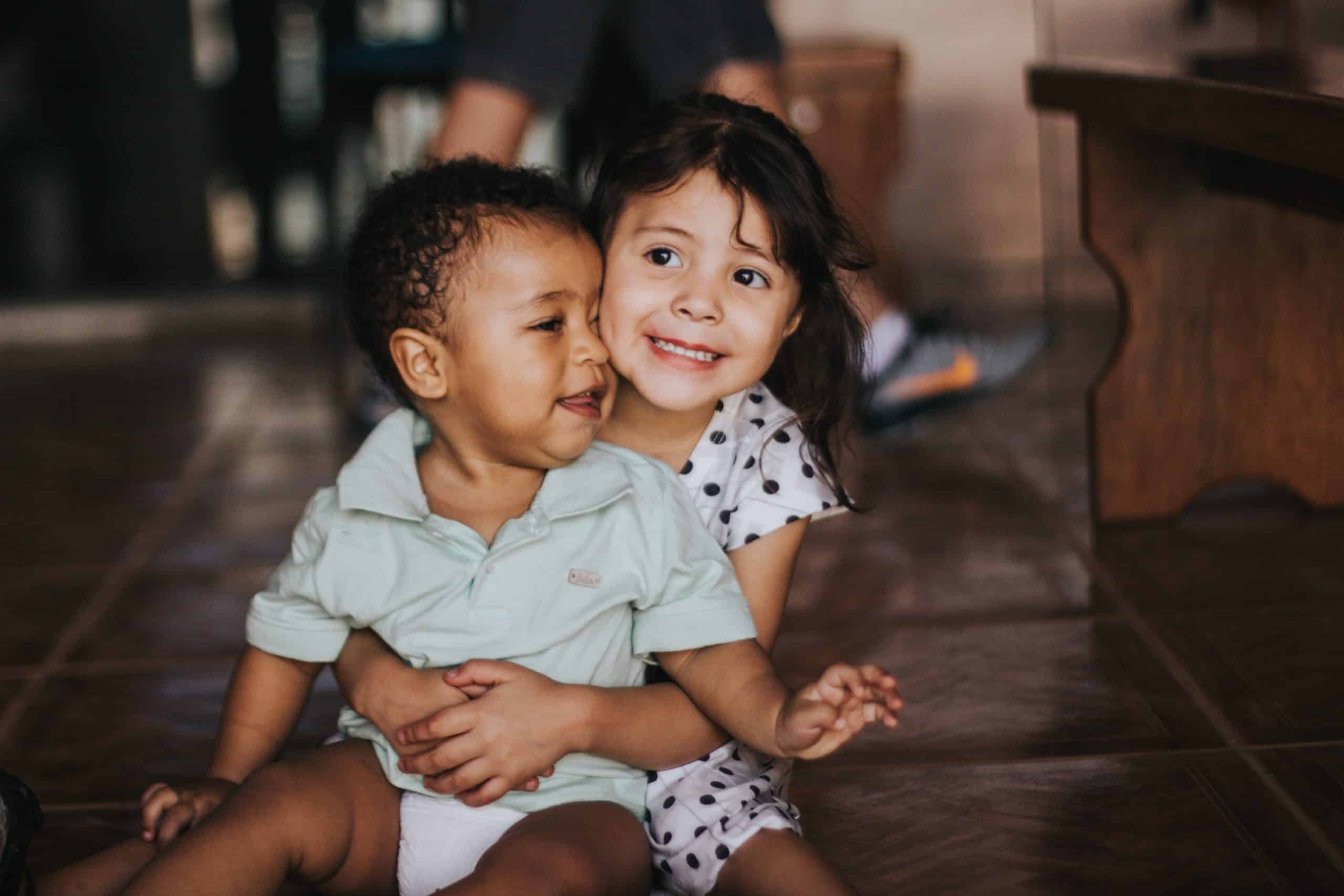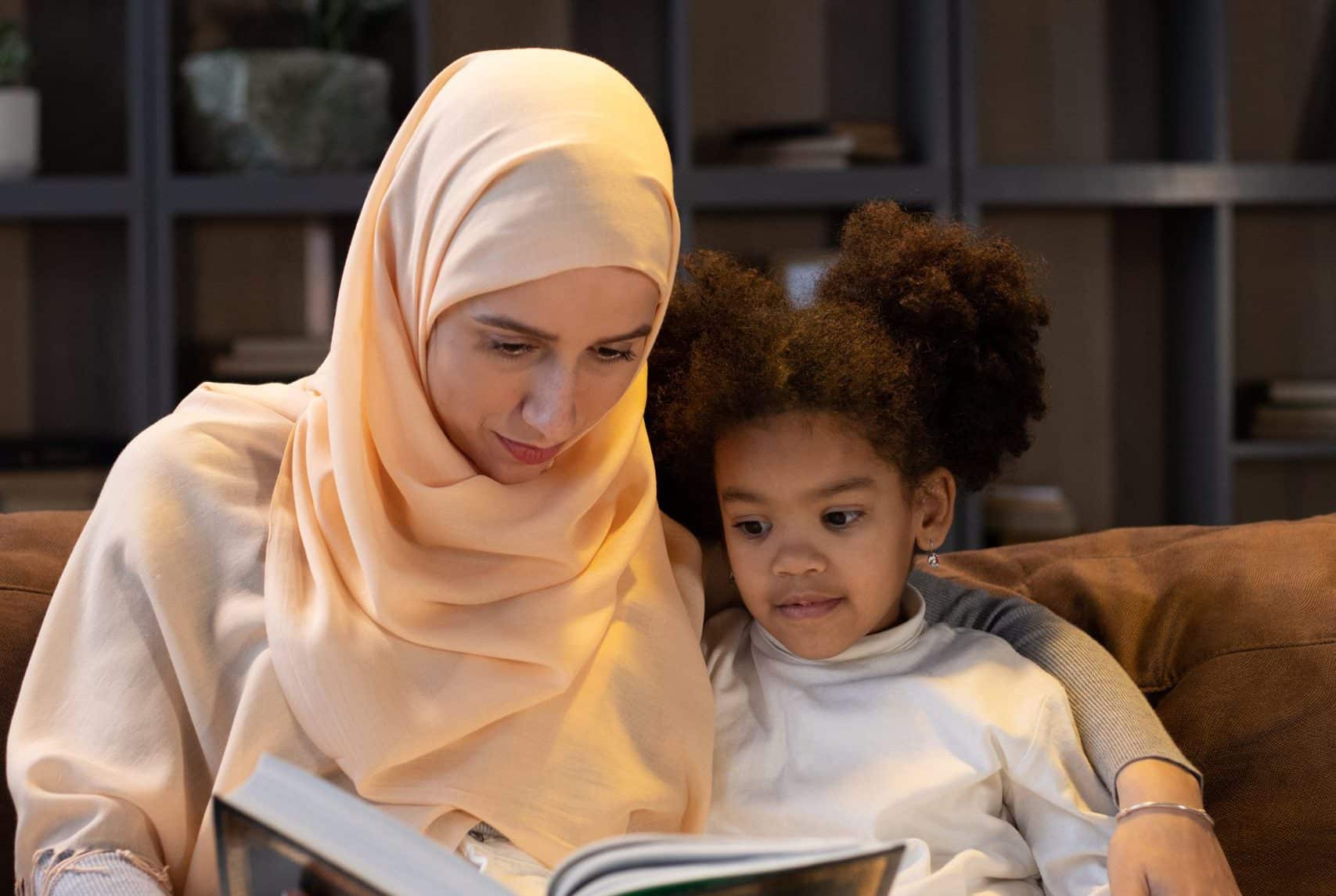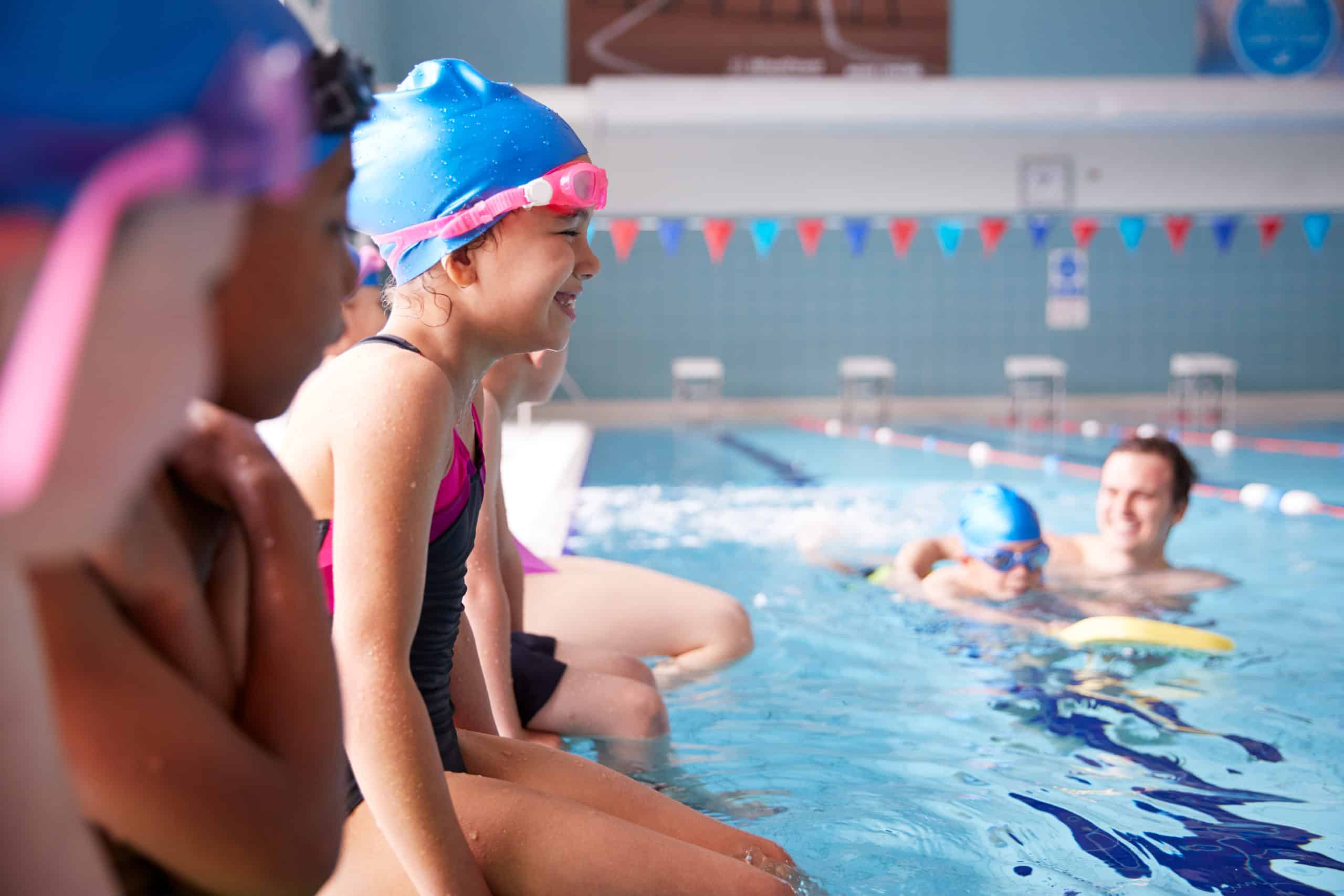
My Body
Teaching young children anatomically correct names for all the parts of their body is important. It’s not wrong to use different names for their private body parts in everyday life should you wish to, but research shows that it is beneficial to know and be familiar with using the real words too. As experts Amy Forbes-Robertson and Alex Fryer say, ‘the more we understand our bodies and know the right words, the more power we have to look after them’. Ask children how many of the words on our list they know and see if they can label the bodies with the different body parts.












